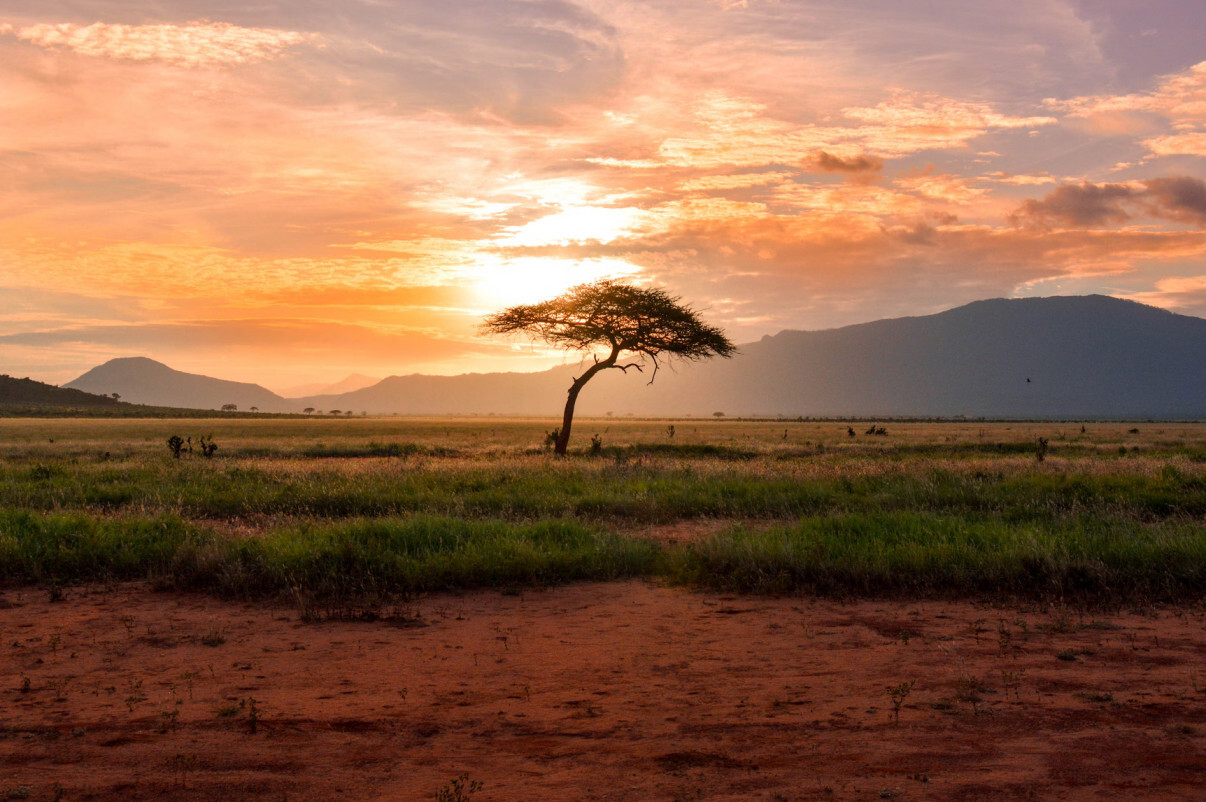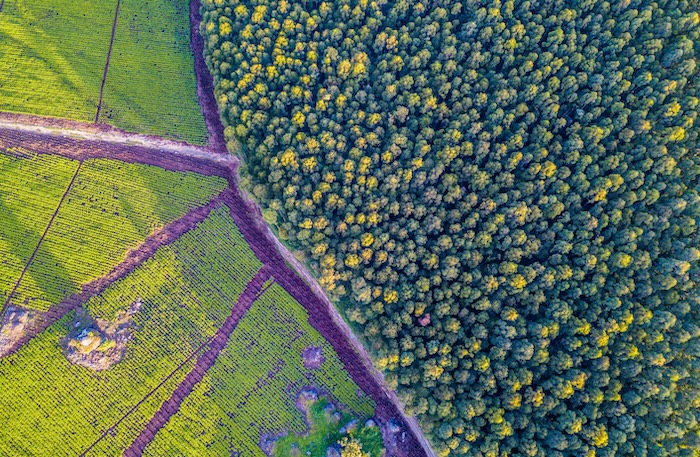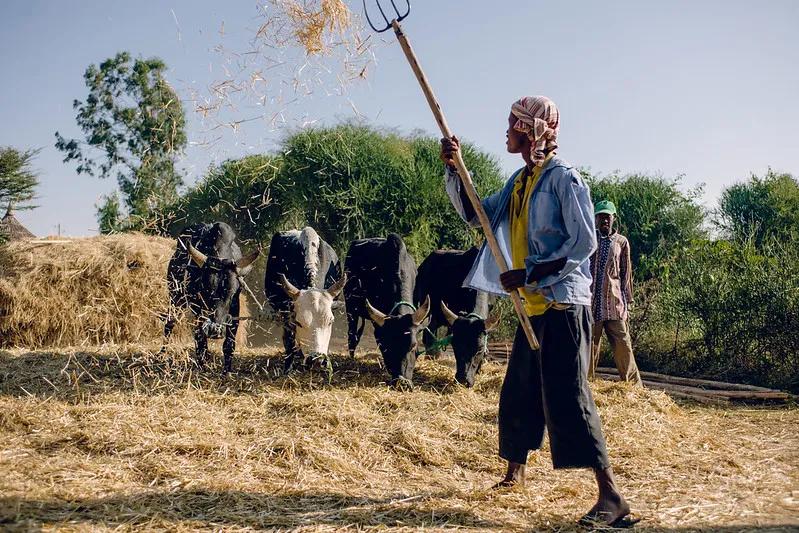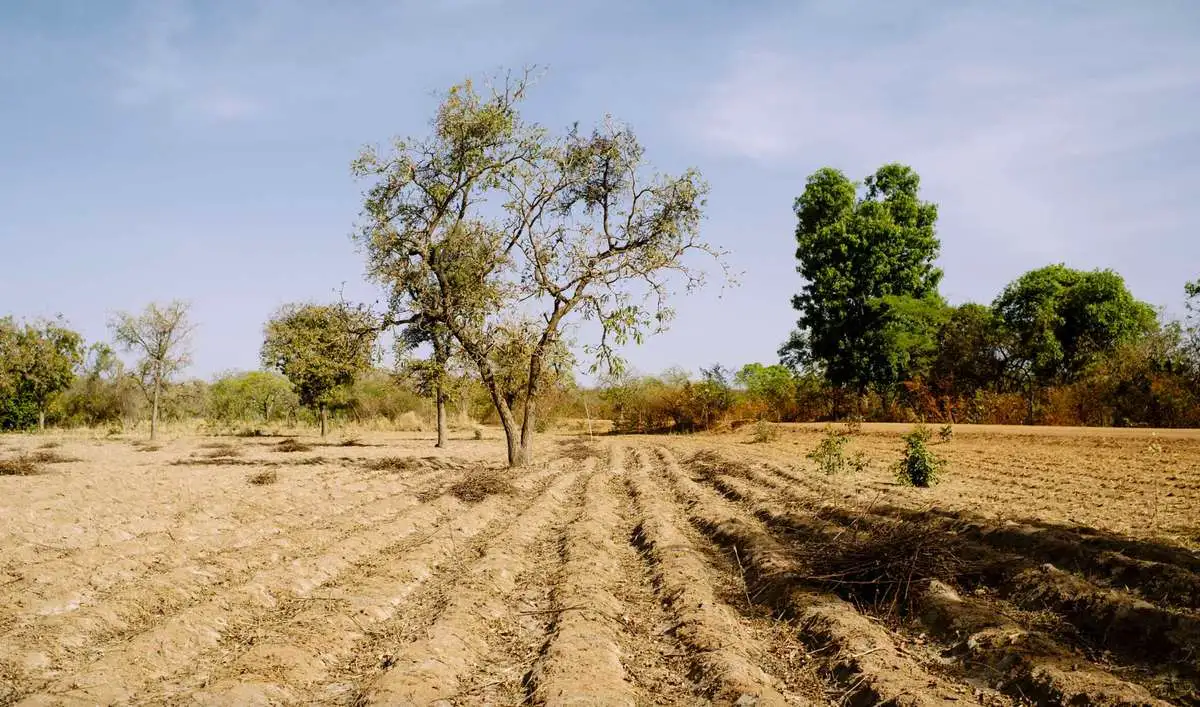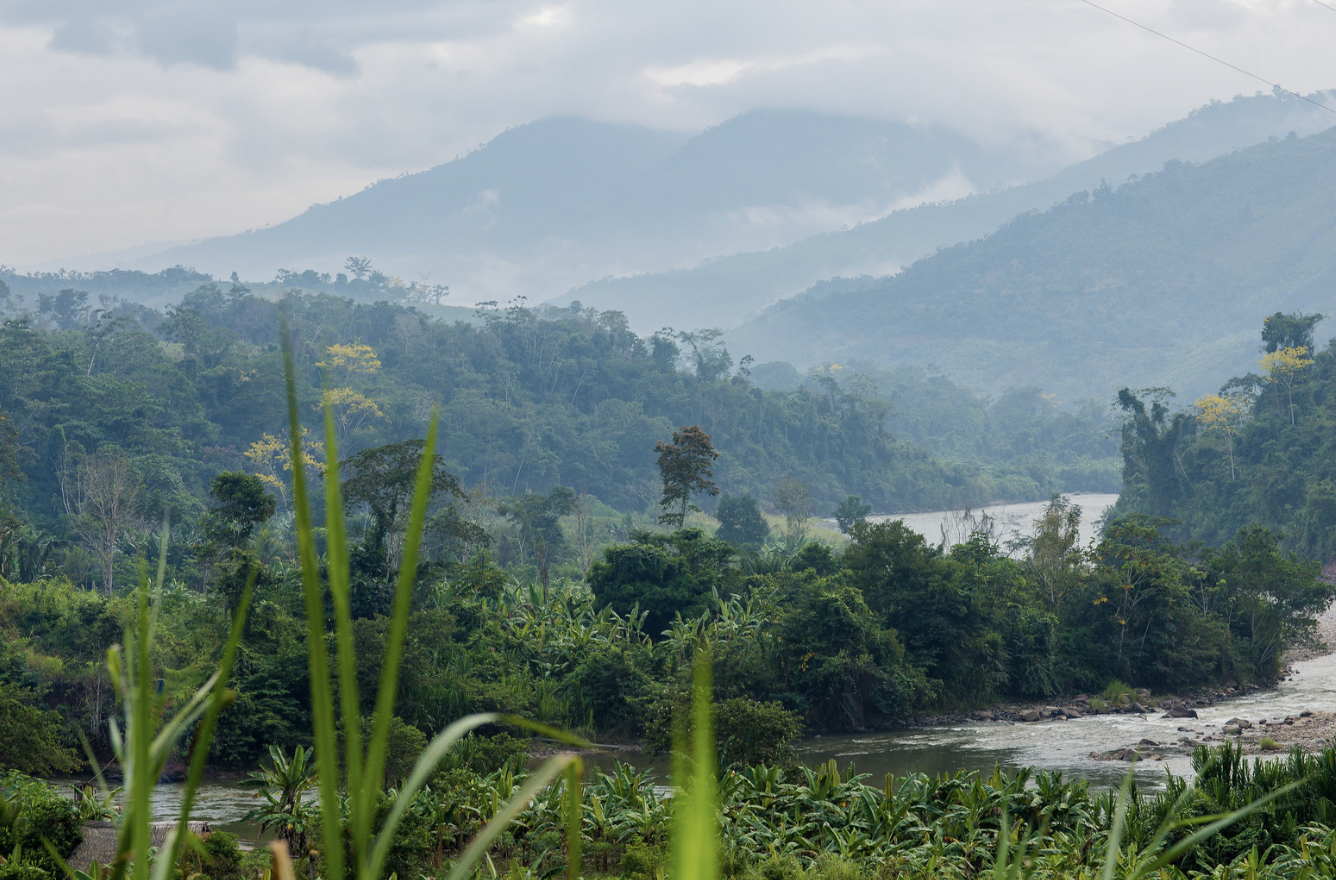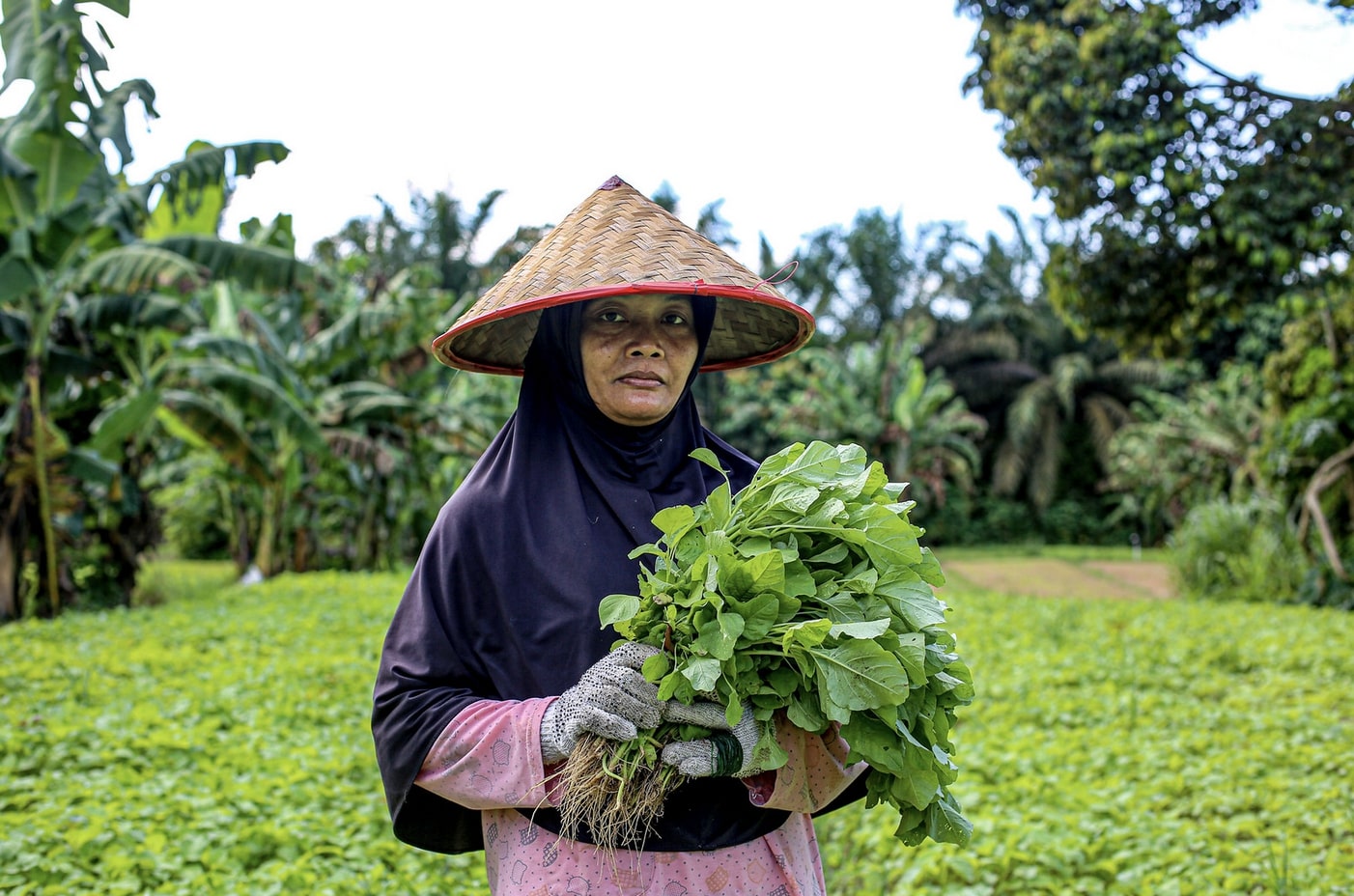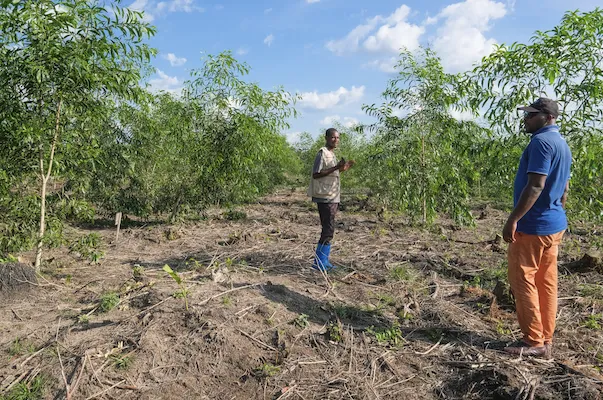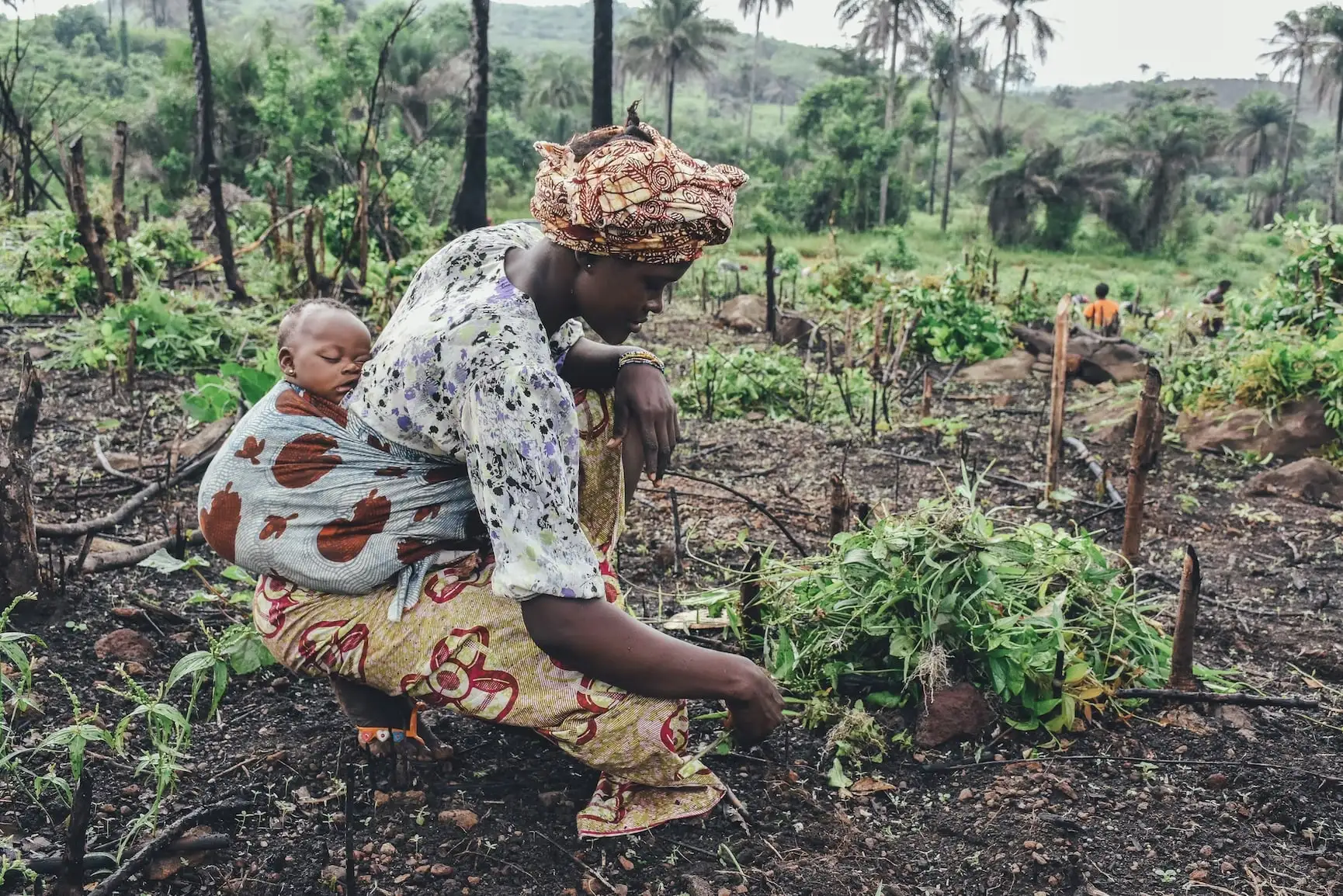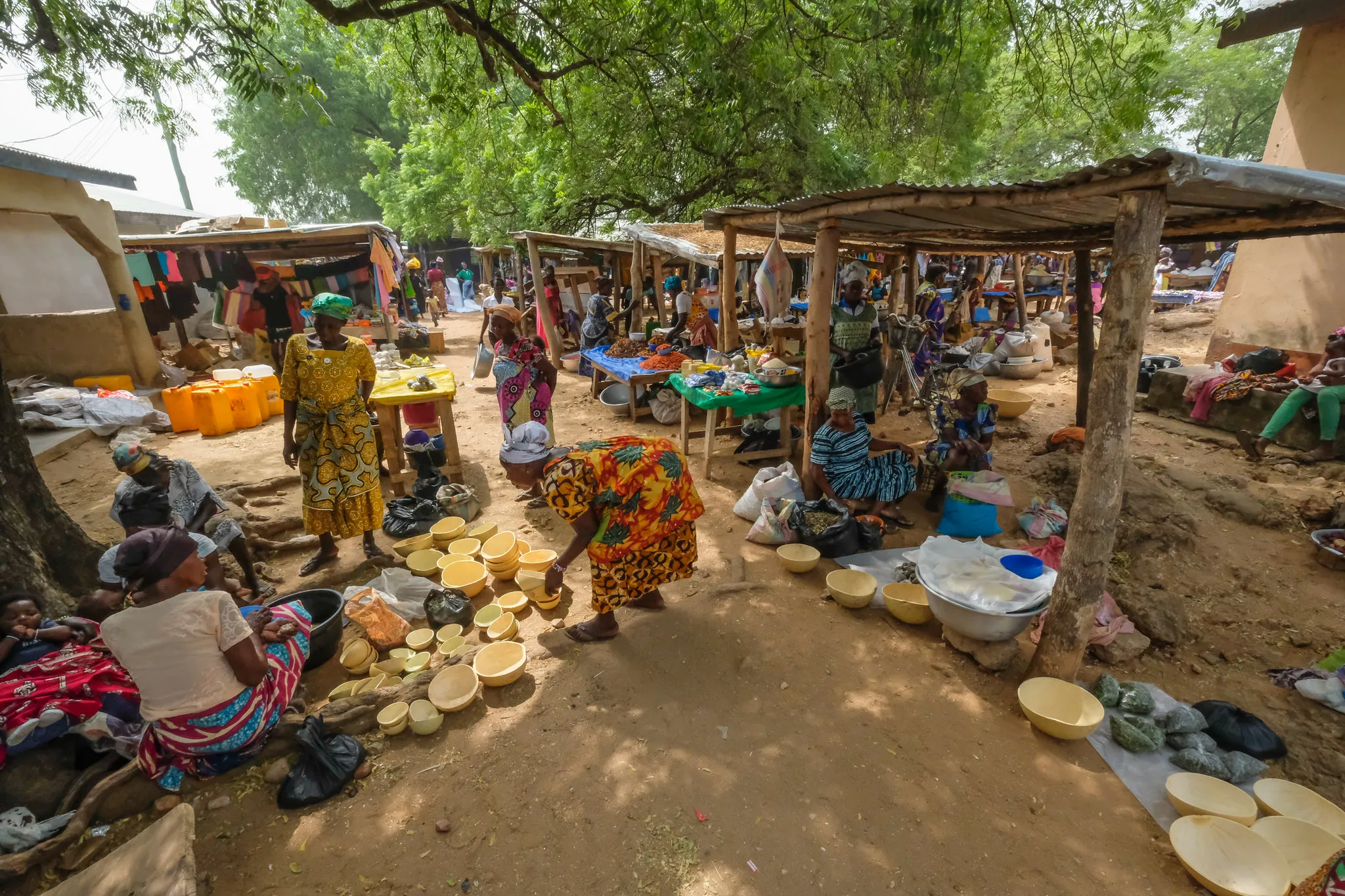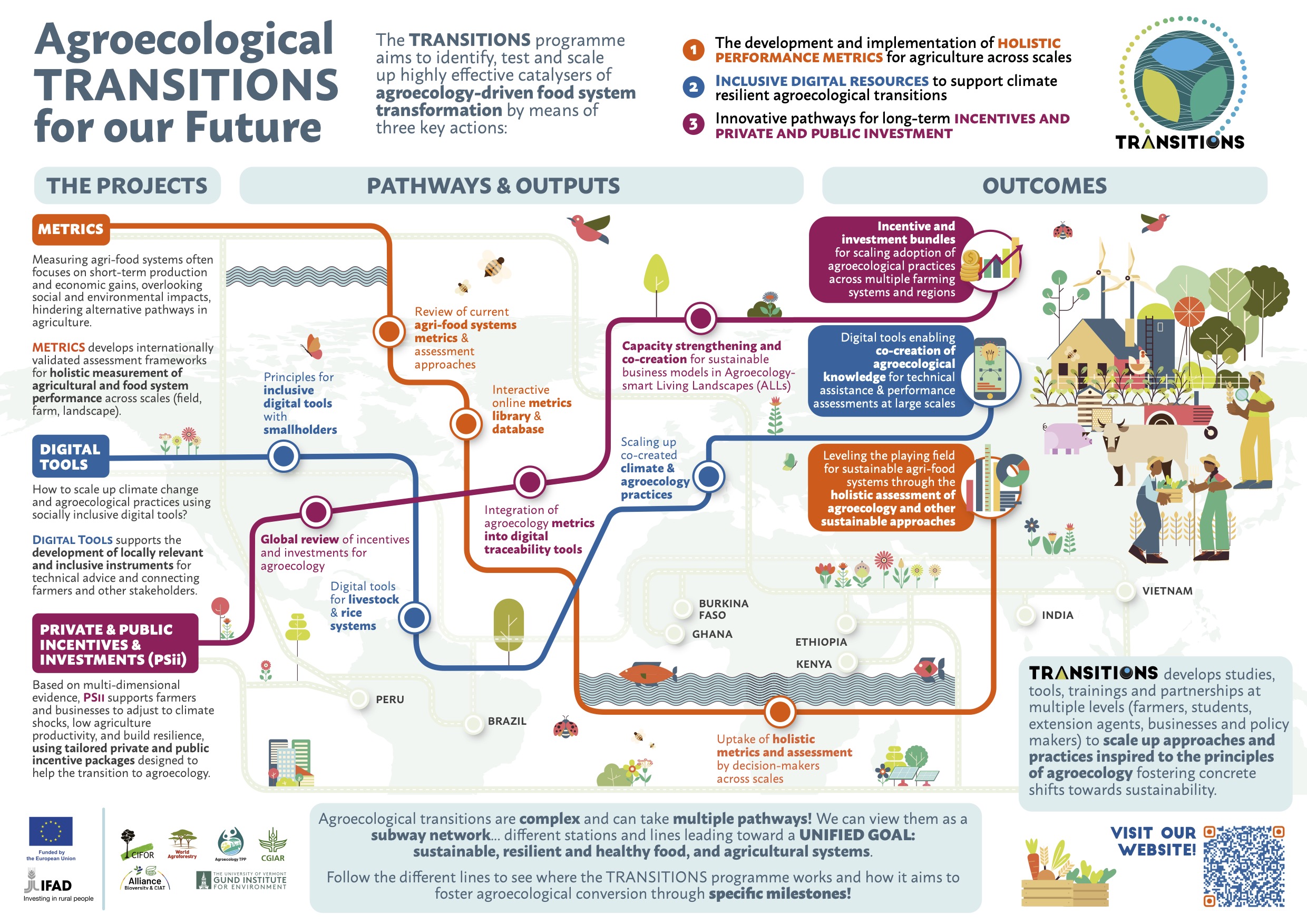The social ecology of rangelands in changing savanna environments The stewardship of rangelands in Africa is undermined by overstocking and land degradation, entailing the potential collapse of the existing social-ecological rangeland system. One key factor of rangeland degradation and key driver of their conversion to other land uses is the spread of alien invasive plant…
Project Archives
VIPPT
Increasing diffusion and impact of the vegetable-integrated push-pull technology (VIPPT) in eastern Africa from a ‘One Health’ perspective The overall goal of the project is to contribute to improved well-being, resilience, human nutrition and incomes of smallholder farmers in East Africa through scaling of VIPPT in diverse agro-ecosystems under a One Health approach. The project…
Building Resilient Communities in Somalia: Operationalising Agro-Sustainability in Somalia (BRCIS: OASIS)
BRCiS is committed to meaningfully address the many and diverse obstacles to local food system resilience in Somalia – OASIS will adopt the logic of the intervention that: IF agro-producers and agro-business service providers in target locations increase their production capacity (SO1) AND communities increase their use of context-specific environmental management practices (i.e., climate-responsive and regenerative) (SO2) AND food insecure Somalis increase…
Building Resilient Communities in Somalia III (BRCiS III)
Building Resilient Communities in Somalia III (BRCiS III) Project (FCDO-funded program) BRCiS is committed to improving communities’ capacity to adapt to climate change while remaining grounded in their lived experiences of the impact of environmental degradation. The BRCiS III project will implement a series of layered and sequenced, mutually reinforcing outputs, designed to strengthen the systems…
Peru’s Agroforestry Concessions Scheme (AgroFor)
Peru’s Agroforestry Concessions Scheme: Enabling Multi-level Implementation of an Innovative, Transformative Policy (AgroFor) In 2011, the Government of Peru (GoP) established the Agroforestry Concessions (AC) scheme as part of the new Forest and Wildlife Law. It is a major and innovative legal and policy measure aimed at formalizing the access and use of land and…
Agroecology & Safe Food System Transitions in South East Asia (ASSET)
The overall aim of the ASSET project is to transform food and agricultural systems in Southeast Asia into more sustainable, safe and inclusive, through harnessing the potential of agroecology. It is implemented by GRET as general coordinator, in strong collaboration with CIRAD in charge of the scientific coordination, and in partnership with a Consortium of…
Foresight to support Sustainable Food Systems Transformation through Agroecology
Current global challenges put strong emphasis on the urgent need for a sustainable transformation of agriculture and food systems. As recognized by several landmark reports, integrated biodiverse approaches including agroecology are a key part of the response. Foresight processes that properly incorporate integrated biodiverse approaches – including agroecology – to foster sustainable food system transformations…
ABCD in Regreening
Regreening Kenya by scaling asset-based community-driven development tools and processes, RK-ABCD Overview Regreening Kenya by scaling asset-based community-driven development tools and processes, RK-ABCD The ABCD approach encourages communities and individual households to identify their existing assets and to use what they already have more efficiently and effectively to improve their own lives. It is based…
Socio-Economic Viability
Documenting and evaluating the socio-economic viability of agroecological practices across Africa Will agroecological transformation add up for Africa’s farmers? Agroecological practices such as composting crop residues, integrating crops and livestock, and conservation agriculture, show significant promise as a way to sustainably increase productivity in sub-Saharan Africa. However, despite some early success stories, there’s still skepticism…
Transitions to Agroecology
The Agroecological Transitions Programme for Building Resilient and Inclusive Agricultural & Food Systems Introduction In low- and middle-income countries (LMICs), agricultural investment remains a priority for economic development. Sustainability is a key challenge in LMICs, as many of the current agricultural practices reduce soil fertility and greatly depend on external inputs. Agroecological approaches are increasingly…

